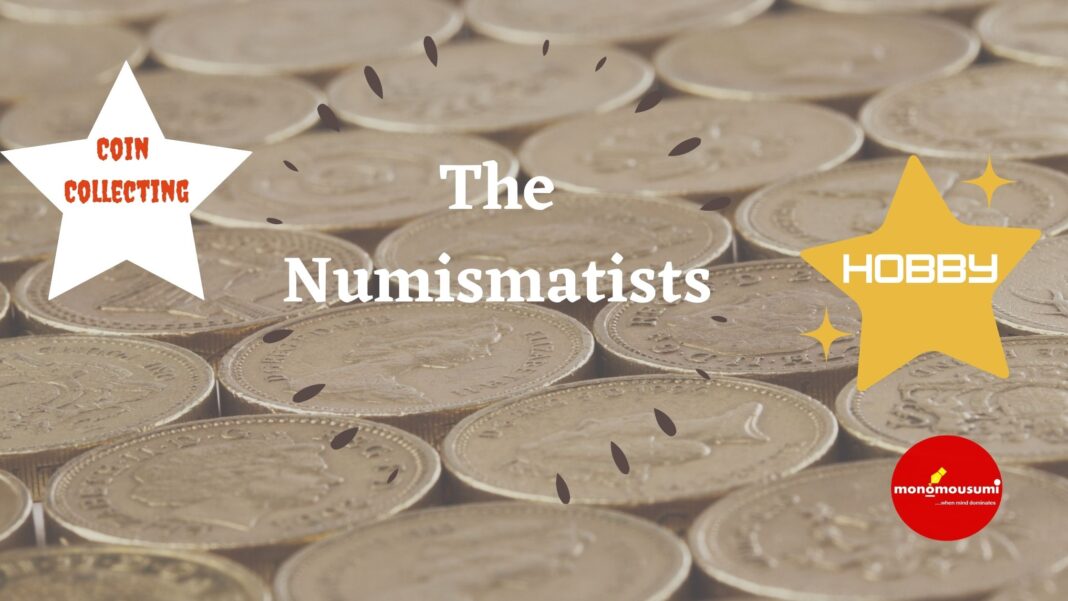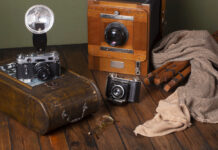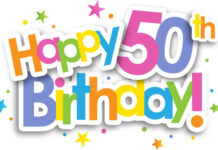“Beside two sides of a coin i.e. Heads and Tales, there is another side, which is very fascinating and often called as Numismatics”
May today’s generation is intermingled in various technical and non technical professions but in contrast there lies a perspective of pursuing career in respective hobbies, which seems engrossing to the following individual. One such riveting hobby is collection of coins. If someone pursue it as a career, he can definitely achieve colossal success.
Coin collection, often disguised as numismatics, is the systematic aggregation of coins, paper money, Token currency and objects related to the same. Collection of coins is not a brand new hobby, commonly it is among most primitive hobbies of world. But during the Renaissance—a period from 14th century to 16th century in European countries, when there was proliferation and emergence of classical philosophy, great thinkers, science and art; hobby of coin collecting gained immense prominence. Caesar Augustus (63BC-14AD) is considered first coin collector of the world. Other profound coin accommodators are Pope Boniface (1230-1303), Giovanni Mansionario, Francesco Petrarch (1304-1374), Alfonso V of Aragon (1396-1458), William Richardson (1698-1775), William Hunter (1718-1783), Samuel Mills Damon(1845-1924) and most recent are Jo Nambiar and Paul Hollis. The list is eternal and cannot be mentioned on a single sheet of paper.
A coin collector is different from numismatists, but collectors who found coins and their history fascinating can consider the idea of being a numismatist. Basically, numismatist is the person who studies in detail about coins inclusive of their origin, issuance, quality and other historical contexts. It is imperative to concede that if you do not learn how to become a good coin collector, you will face difficulty to become an accomplished numismatist or the path of an efficient numismatist coincide with a good coin collector.
Comprehensively there are 10 essential key points which are broad and mandatory for a coin collector. Education, one should have precise Knowledge about what kind of coins are needed for collection, which are of historical background and what is there recent value in the market. Talking into the same slot, after education there is Specialisation, can be learned from various eclectic courses presently offered in many proficient institutes. With specialisation, one requires Patience as in the beginning coin collecting may seem monotonous and non-lucrative as it necessitate many manoeuvres to be a distinguished coin collector. We can say that Connections with differentiated personalities and pedagogical bodies is important because they can instruct with righteousness and help in all-embracing manner during difficulties. Inculcating the virtue of Thinking like a Collector will increase our confidence and simultaneously help us to amplify our portfolio as a coin collector. Another feature of a great coin collector is Connoisseurship i.e. having critical knowledge and judgement in any subject (art, coins, science and so on). It would certainly compound one’s effort to be an interpretative expert. Learn to Grade is crucial as coin collecting needs enough money to drain ones pocket. Considering varied testimonials, people spend millions of dollar or rupee on coins without having adequate knowledge, which may prove devastating. Three remaining but important points are Thinking for long term, Quality over Quantity and Buying the best, they all are inescapable.
After encompassing these 10 key points, anyone can look for numismatics as a career. But an inexorable condition is one should love the historical and analytical side of a coin. On contradictory to coin collecting numismatics is although a new field but gradually gaining considerable interest among various populations. The University of Mumbai conducts the Numismatics and Archaeological Programme (NAP) in collaboration with Dinesh Mody Institute of Numismatics and Archaeology (DMINA)—East Santa Cruz Mumbai. They offer a 2 year comprehensive course which is conducted on its premises along with Dinesh Mody Numismatics Museum established by Dinesh Mody—senior Mumbai based advocate and a renowned numismatist with a large coin collection. Even career in numismatics also makes person eligible for numerous scholarships at foreign institutes with valuable contribution in Indian coins such as British Museum (England), Fitzwilliam Museum (Cambridge) and Ashmolean in Oxford university.
Basic courses in India vary according to durations. Initial stage or basic courses is currently provided by Indian Coin Society. The courses are elaborate and range from 1day to 2 year. Another colleges that offer professional degrees and courses related to numismatics are National Archive of India (Janapath, New Delhi), Institute of Archaeology (New Delhi), Institute of Heritage Research and Management ( New Delhi) and so on. But they are limited in the ambience of Indian numismatics. If one possess interest in world numismatics he or she kindly consider for Art or Archaeological college in foreign countries.
Numismatics is not tedious and it also provide two wide-ranging facilities. Firstly, any numismatist can sell its money driven coin collection for monetary benefit. According to various international organisations dealing with coins, there are many rare costly coins viz. 1913 Liberty Head Nickle ($ 3,737,500), 1804 Bust Dollar ($3,865,750), 1804 Mickley-Hawn-Queller ($3,877,500), Million Gold Canadian Maple Leaf ($4,020,000) or we can conclude they are remunerative to a great extent. But as for a common man it would require long term investment and efficient moves to buy such expensive coins. Secondly, numismatics permits huge acquaintance with knowledge. Even Indian numismatics is too enthralling that one can vanish in the long drawn history of Indian coinage system. Indian coinage descend from ancient punch-marked coins of pre-buddhist era to coins of various Indian dynasties like Guptas, Kushans, Satvahans, Cholas, Pandyas, Vijaynagar Empire, sultanate period, Mughals, British regime consequently moving to coinage system of early independent India. Numismatists are even appreciated to learn numerous scripts like Ashokan Brahmi, Kharosti, Greek, Aramaic, Arabic, Persian, as India witnessed many linguistic changes due to which several Indian coins were inscribed in these languages.
If anyone feels the need of learning more prior to adoption of any course of numismatic, he or she can contemplate many options in the form of books. The following series include A Guide Book of Double Eagle Gold Coins (David Bowers), The Experts Guide to Collecting and Investing in Rare Coins (David Bowers), Coinage and History of Roman Empire (Robert Hoge and David L. Vage), Complete Encyclopaedia of US and Colonial Coins (Walter Breen), Standard Catalogue of World Coins (Colin R. Bruce) and One Minute Coin Expert (Scott A traverse). They can also be studied during pursuance of respective numismatic course as a supplementary reader. Some of Indian counterparts include famous books like Indian Numismatics (Damodar Kosambi), Lectures on Ancient Indian Numismatics (DR Bhandarkar), Studies in Indian Coins (Dineshchandra Sircar) and Advanced Coin Collecting: An Indispensable Guide for Indian Collector and Investor. (Shauheen Daya).
After becoming and renowned numismatist, there are diverse working criterias. Personal research on historical arrival of coins can be endeavoured as many detailed researches are published in famous journals and magazines which give popularity and prosperity both in hands. Apart from this many coins societies hunt for notable experts related to numismatics like Numismatics Society of India, American Numismatics Association, Royal Canadian Numismatics, International Numismatics Council and International Association of Professional Numismatics which grant due recognition to established researchers and even include in various targeted committees.
As per overall interpretation, having or making a career in your favourite hobby is free from any repercussion including coin collecting too. It can be consolidated from above thesis that it depends on right scientific approach and calibrated moves to become a distinguished one in any field, irrespective of the nature. Considering numismatics as a profession is widely success bearing and incorporate both knowledge as well as monetary satisfaction. Hence, from now on coin collecting needs a well organised perspective and there should not be any hesitation in pursuing it as a career.
By Simran Bhati, Sudama Nagar, indore










